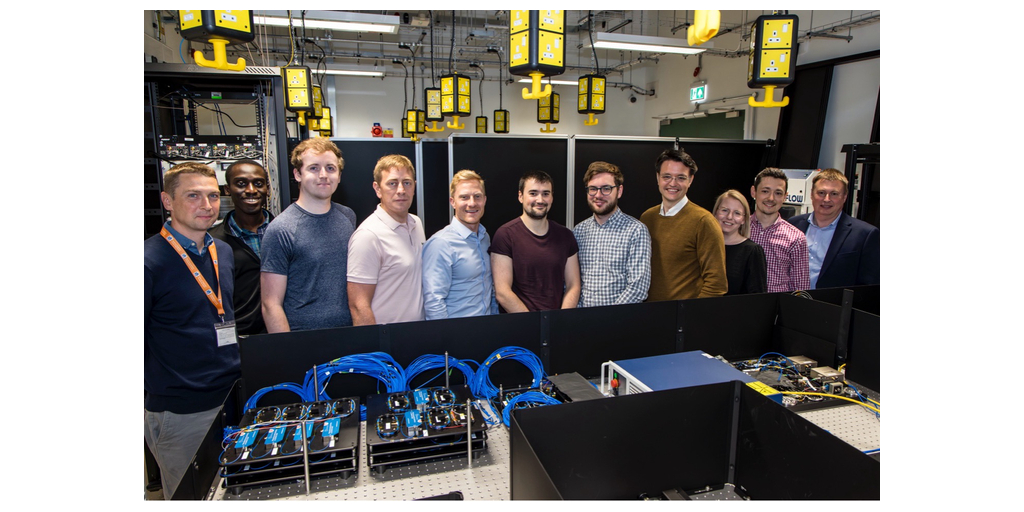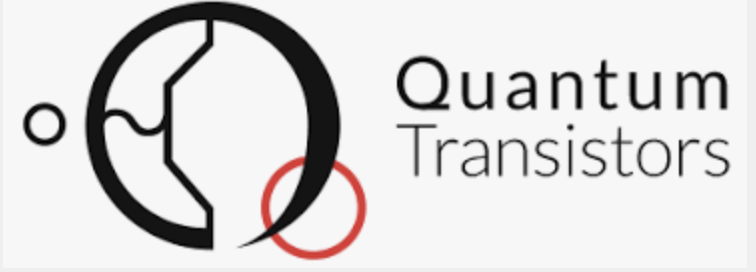Insider Brief
- Chancellor Jeremy Hunt may announce a strategic plan that will improve UK’s position in quantum computing.
- UK media sourced expect the initiative to fall under the government’s “moonshots” programs and see an allocation of £200 million to £300 million.
- The move may be a reaction to a recent slip in supercomputing for the UK.
- Image: Chris Lawton on Unsplash
Chancellor Jeremy Hunt is poised to announce a strategic plan that will improve UK’s position in quantum computing, part of his Autumn Statement, according to The Telegraph and other UK media sites. This announcement may include an ambitious goal to develop a national quantum supercomputer within the next decade.
The initiative, which falls under the government’s “moonshots” programs, could see an allocation of £200 million to £300 million, according to media sources. These funds are part of a broader £2.5 billion investment set aside for a 10-year national quantum strategy, aimed at accelerating the UK’s capabilities in this critical field. The plan for the quantum supercomputer, as outlined by government sources, consists of specific, high-stakes projects described as both “tangible” and “exciting.”
According to The Quantum Insider’s Intelligence Platform, UK’s total quantum government funding is approximately $4.3 billion US, or £3.4 billion. Previously, UK policy makers have been responsive in funding the growing need for quantum science-oriented research and development, including The National Quantum Technologies Programme, which was funded for GBP 400 million between 2014-2019. And, in the years between 2019-2024, the funding will include GBP 94 million in the four quantum hubs, GBP 93 million in the National Quantum Computing Centre, GBP 153 million for ISCF quantum projects and GBP 11.6 million for Centres for Doctoral Training, according to platform data.
Quantum computing holds the promise of revolutionizing various sectors by performing complex calculations at unprecedented speeds. This technology is not without its risks, however; it poses significant threats to national security, given its ability to decrypt systems currently protecting military and financial data.

The Chancellor’s address is expected to spotlight the UK’s declining status in supercomputing, having slipped from third to tenth place globally, Information Age pointed out. Even with this slip, the UK is still recognized as a global leader in quantum science and research, as well as entrepreneurship within the quantum industry.
Officials are set to earmark funds for quantum technologies, which include quantum clocks, sensors, imaging and financial trading systems. The central project, however, remains the construction of a large-scale, fully operational quantum computer, which is anticipated to be housed by the National Quantum Computing Centre near Oxford.
The UK’s quantum computing ecosystem has benefited from significant support, with Innovate UK, the government’s innovation agency, recently allocating £500,000 to assist quantum startups with technical challenges. Steve Brierley, CEO of quantum company Riverlane, told media that the UK has a first-mover advantage in quantum citing a “thriving ecosystem” and “an early lead in several key technologies” due to government backing.
The government’s broader quantum strategy, launched earlier this year, promises to ensure the UK remains at the pinnacle of quantum science and engineering, fostering advancements in drug discovery, climate change modeling, and the development of new materials and better batteries.
If you found this article to be informative, you can explore more current quantum news here, exclusives, interviews, and podcasts.



















